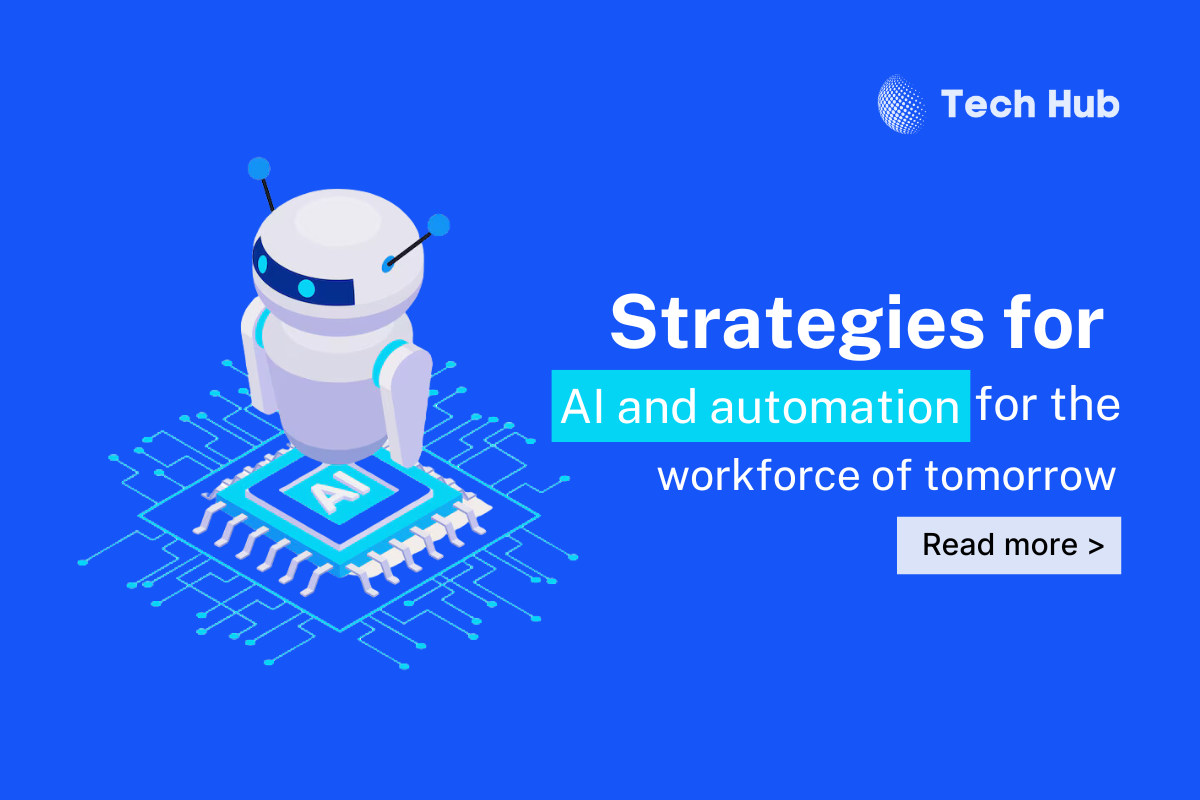
Nowadays, we constantly here chatters about AI integration and automation and everything under the sun that relates to artificial intelligence and its advancements in professional fields. AI and automation are seeping into almost all industries and changing the way workplaces function and workforces operate.
A 2023 McKinsey Global Institute report estimates that up to 800 million jobs could be automated by 2030. However, this doesn’t paint the whole picture. The same report projects the creation of up to 950 million new jobs during the same period. The key takeaway? Jobs are evolving with AI, not disappearing at the hands of automation. So, what does this technological transformation mean for you? Let’s dive in.
Focus on Human-AI Collaboration, not Competition
There is no need for you to fear the integration of AI and automation into working systems. AI is not a replacement, but a collaborative partner that helps you create availability for creativity, problem-solving and critical thinking in more high-value operations by leveraging its strengths like data-analysis and tasks repetition automation.
Essential Skills for the AI Age: Beyond Technical Expertise
While technological abilities are irreplaceably necessary, the future of work necessitates a shift in mentality and skill development.
- Adaptability and lifetime learning: Encourage continual learning and gain new skills to adapt to changing technology landscapes.
- Critical thinking and problem solving: Emphasize analytical thinking and the capacity to tackle difficult issues requiring human judgment and ingenuity. Communication and cooperation: Improve your communication and collaboration abilities so that you can work effectively with diverse teams that include both AI and human colleagues.
- Fostering Emotional Intelligence: Emotional intelligence may help you negotiate difficult work situations, create relationships, and foster trust with colleagues and clients.
Unconventional Strategies for AI and Automation for tomorrow’s workforce
While the abilities discussed above are vital, here are some strategies that are valuable yet sometimes overlooked:
- Network with diverse professionals: Connect with people from various sectors and backgrounds to acquire a broader perspective on the changing job market.
- Become a lifelong learner: Stay current on the newest trends and technologies by participating in online courses, attending professional development events, and reading industry magazines.
- Explore freelance opportunities: Consider freelance or gig economy options to obtain experience in different sectors and establish a diverse skill set.
Though inevitable, the revolution of Artificial Intelligence is about transformation and adapting to it and not about taking over jobs and displacement. By embracing the right skills and strategies, you can easily thrive in the workforce of tomorrow and climb to the top effortlessly. Remember, lifelong learning and a willingness to adapt are key ingredients for success in the ever-evolving world of work.
Stay ahead of the curve by subscribing to our newsletter for exclusive insights and actionable tips on navigating the ever-changing future of automation in the workplace.
